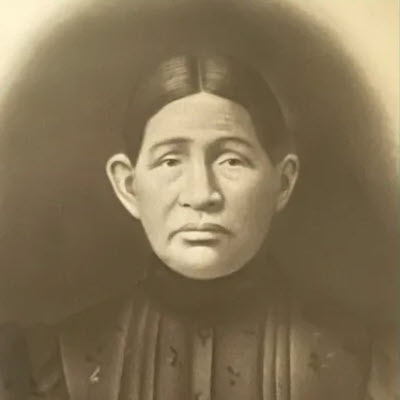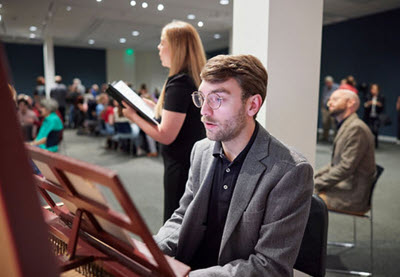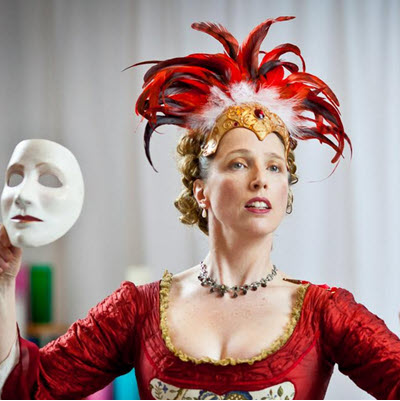by
Published March 2, 2016
Contributed by Benjamin K. Roe
120+ partners, presenting scores of concerts, events, symposia, and festivals across the land, all crammed into 31 days. Welcome to our own version of “March Madness” — the first-ever Early Music Month.
Sponsored by Early Music America. it’s a national campaign to raise awareness of just how much of a force Early Music has become in the larger North American music community – in our schools, our concert halls, among amateur and professional players alike, not to mention presenters, scholars, and even luthiers and artisans seeking to replicate, create, and understand the values and visions of an earlier era as expressed through its music and its instruments.
So, why March, and just how do we define “Early Music,” anyway? Where does it begin, and where does it stop? Does it define an era, or a mindset? VERY broadly defined, you could say Early Music encompasses everything from the Monks to Mozart, e.g., from the earliest Gregorian chant of the 9th and 10th centuries, all the way up to the post-Mozartian outbursts of Beethoven and the Romantics.
A better definition, however, comes from author and longtime advocate Thomas Kelly. Tom’s definition of Early Music is, “any music that is not new now…. Mostly, though, the term refers to music in the western tradition originating in times far earlier than our own….The repertories, Medieval, Renaissance, Baroque, Classical, have needed to be rediscovered, reinterpreted, and reperformed.”
Tom adds, however, that Early Music is equally defined by attitude : “Some might call it letting the music speak for itself. Performers seek to find the sounds that Queen Elizabeth heard, that Bach preferred, that resounded in the Sistine Chapel. To do so requires the right hardware—period instruments and vocal techniques—and the right software: performance style, improvisatory skills, understanding of traditions and conventions. At its best, Early Music is the perpetually-new creation of sound-worlds of beauty and excitement.”
Personally, I can think of no better place to start our Early Music Month celebrations than with the beauty and excitement of Johann Sebastian Bach, whose music has served as both a gateway to novitiates to the world of Early Music, as well as a constantly renewing source of inspiration and meaning to the legions of us who have been touched by his timeless creations. Which answers the “Why March,” question, by the way. Not only is March the season of Lent (and often, Easter), where many of Bach’s most searching works – the B Minor Mass, The St. John and St. Matthew Passions – are performed, but his birthday happens to fall on March 21, and with it, dozens of Bach-inspired performances.
Moreover, as Early Music Month is meant to be a grassroots celebration, I can think of no other composer who triggers such fierce, loyal, and local celebrations of his music. The Washington Bach Consort’s free Noontime Cantata Series is one just example.
For 27 years now, the Consort, under the leadership of J. Reilly Lewis, presents a 50-minute concert every Tuesday at noon at the historic Church of the Epiphany in downtown DC; a program that invariably includes one of Bach’s 200+ surviving Cantatas, as well as a solo performance on the church’s recently-restored (and magnificent) Aeolian-Skinner organ.
And today, March 1st, you’ll hear the very first Cantata in the Bach catalogue: Wie schön leuchtet der Morgenstern, (“How beautifully the morning star shines”), BWV 1.
How Beautifully we hope that Bach’s star – and all of Early Music – is this mad month of March!
*This blog post contributed by Benjamin K. Roe, EMA Board Chair of Early Music Month and Executive Director of The Heiftetz International Music Institute.




